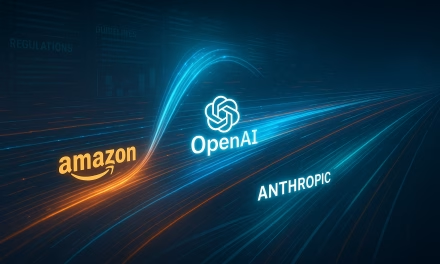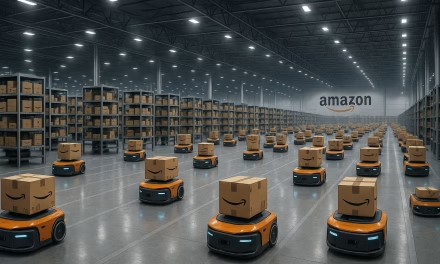June 25, 2025, paints a complex yet compelling picture of Artificial Intelligence’s trajectory in the business world. While the global AI market continues its explosive growth, projected to reach approximately $391 billion with a staggering 35.9% compound annual growth rate, a cautionary note from Gartner suggests a more nuanced reality: over 40% of agentic AI projects might be scrapped by 2027 due to escalating costs and unclear business value.
This dual narrative highlights the aggressive push for AI adoption alongside the emerging challenges of practical implementation. Major corporations are making significant strategic moves; PepsiCo, for instance, is deploying Salesforce’s Agentforce platform to integrate autonomous AI agents into its global operations, aiming for improved field operations and customer support. Similarly, Meta is reportedly in discussions to acquire Play AI, a voice cloning technology startup, to enhance its consumer-facing AI features. These investments underscore the belief that AI is a top priority for 83% of companies, with expectations that AI tools will boost employee productivity by 40% by 2035.
However, Gartner’s forecast serves as a crucial reminder that not all AI ventures will yield the expected returns. The enthusiasm surrounding agentic AI, while understandable given its potential for automation and efficiency, must be tempered with rigorous cost-benefit analysis and clear strategic objectives. The success stories, like Netflix’s AI-powered recommendation system generating $1 billion annually, are powerful motivators, but they also set a high bar for ROI.
The business landscape is clearly embracing AI, but it’s also learning to navigate its complexities. The coming years will likely see a refinement of AI strategies, with a greater emphasis on demonstrable value and sustainable implementation. Companies that can effectively balance ambitious AI integration with pragmatic cost management and clear business objectives will be the ones that truly thrive in this evolving AI-driven economy.





